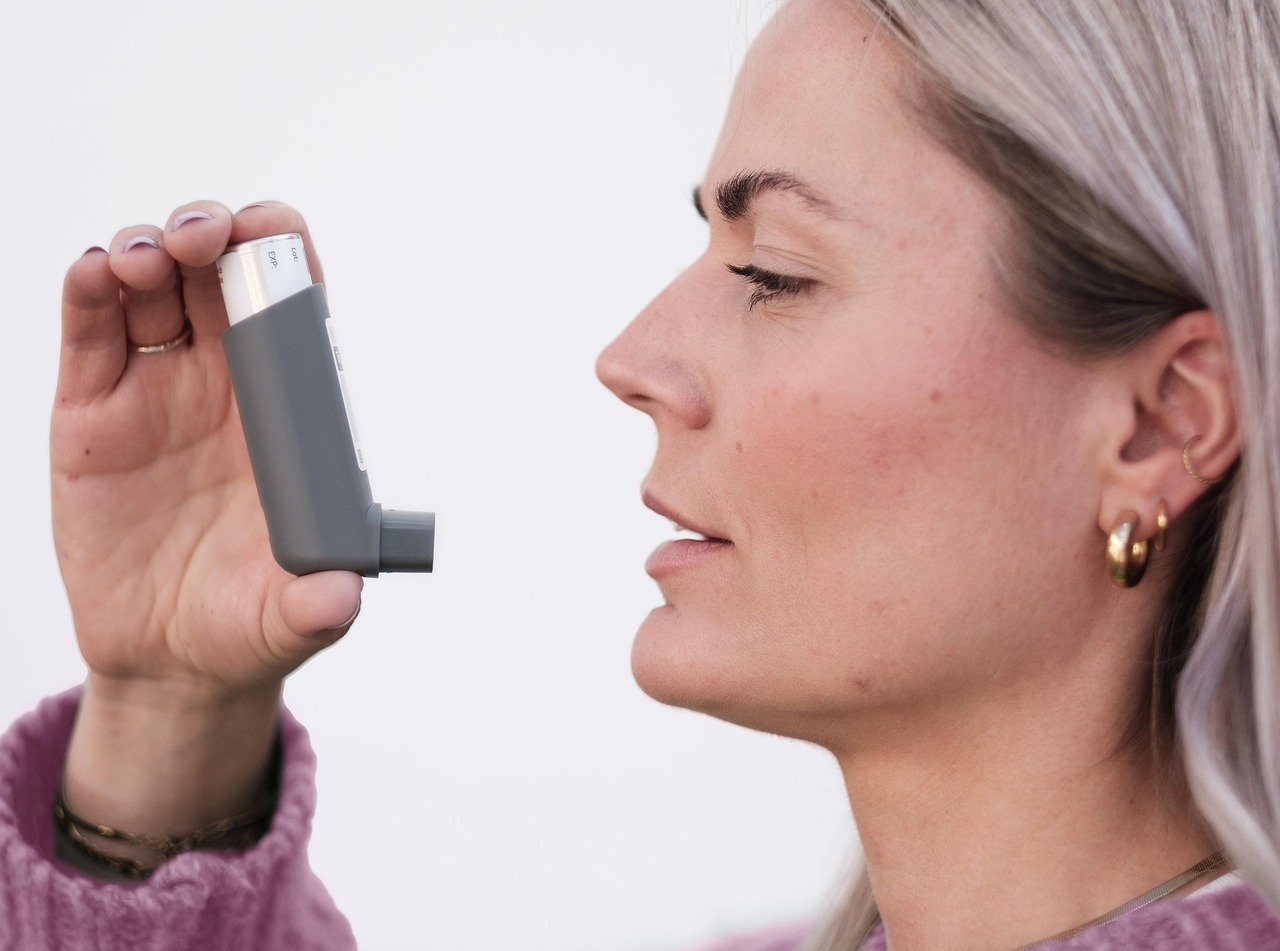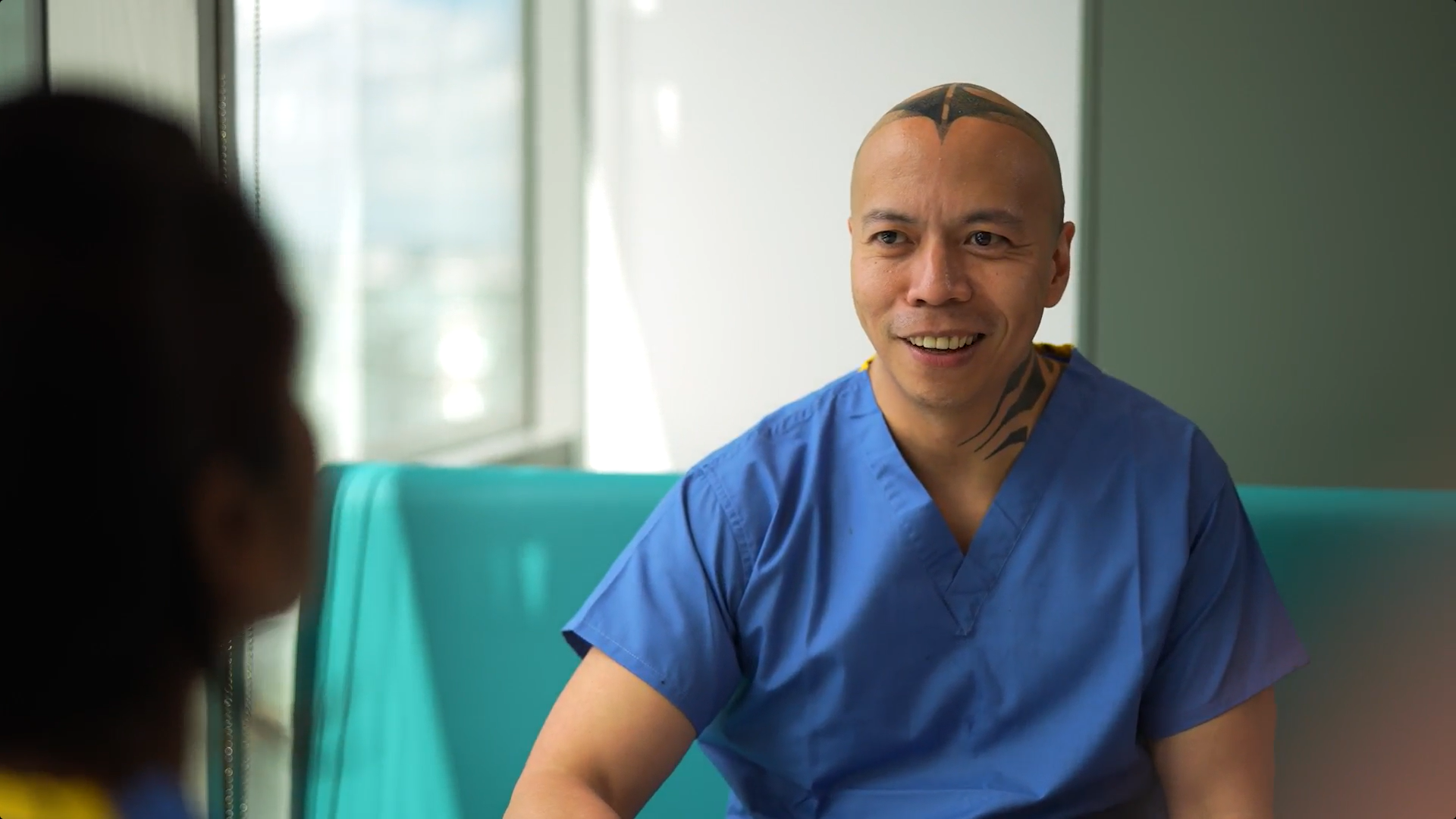Clinical trials play a crucial role in advancing medical research, but misconceptions about their safety can often deter potential volunteers. In this guide, we aim to debunk these concerns and shed light on the rigorous safety measures that ensure the well-being of participants in clinical trials.
Clinical trial safety
Before delving into the details, let’s address a common perception that clinical trials are inherently unsafe. In reality, clinical trials are meticulously tested and externally reviewed before they are offered to volunteers. Government agencies and boards, such as the UK government, play a pivotal role in ensuring that these trials meet stringent safety standards. This commitment to safety is an integral part of the process, ensuring that potential risks are minimised and the benefits to humanity outweigh any potential harm.
How do clinical trials get approved?
The approval process for clinical trials involves comprehensive evaluations by regulatory bodies such as the Medicines and Healthcare Products Regulatory Agency (MHRA) and Ethics Committees. Researchers must submit detailed study plans, procedures, consent forms, and informative leaflets for review. Only after receiving approvals from these authoritative bodies can trials proceed, guaranteeing that they meet ethical standards and align with established protocols.
Can clinical trials have side effects?
Just like approved medicines or vaccines, clinical trials can have side effects, although they vary from person to person. However, it’s important to note that participants in clinical trials are closely monitored for any potential side effects. Researchers and medical professionals ensure that participant safety remains a top priority throughout the trial period.
Are clinical trials ethical?
Ethics play a fundamental role in clinical trials. Every trial involving human participants must adhere to strict ethical standards. These trials require clear scientific evidence and well-defined protocols, with the potential benefits carefully weighed against any risks. Compliance with these ethical standards ensures that the welfare of participants is upheld, promoting trust and integrity in the field of medical research.
Is it safe to participate in clinical trials?
While it’s true that clinical trials carry certain risks, these are often minor and manageable. It’s crucial for individuals considering participation to take responsibility for understanding the potential risks associated with a specific trial. Thorough testing and external reviews have already been conducted to minimise risks before a trial is offered to the public. It’s essential to make an informed decision based on your own comfort level and trust in the process.
To gain more insight, watch Esmée’s story on his experience at FluCamp and why he decided to become an Everyday Hero.
Why should you participate in a clinical trial?
Participating in a clinical trial can be a meaningful way to contribute to scientific advancements that can shape the future of healthcare. Clinical trials help identify new ways to prevent, detect, and treat diseases. By becoming a participant, you can make a positive impact on the lives of countless individuals and potentially benefit from innovative medical interventions.
FluCamp conducts trials to develop improved flu vaccines, testing potential vaccines in a controlled environment while monitoring participants closely. By participating in a FluCamp trial, individuals can contribute to the development of more effective vaccines and improve public health outcomes.
Are FluCamp clinical trials safe?
At FluCamp, we specialise in conducting paid clinical trials. Our trials adhere to the highest standards, with thorough reviews and approvals from external bodies such as the MHRA and Research Ethics Committees. Our dedicated clinical teams are accountable to the same governing bodies as NHS staff, ensuring your safety and well-being throughout the trial process.
What next?
We hope this guide has provided you with a better understanding of the safety and importance of clinical trials. If you are interested in participating in a clinical trial or have any questions about safety, we invite you to reach out to FluCamp. Visit our website for more information, and feel free to contact us with any questions.
















